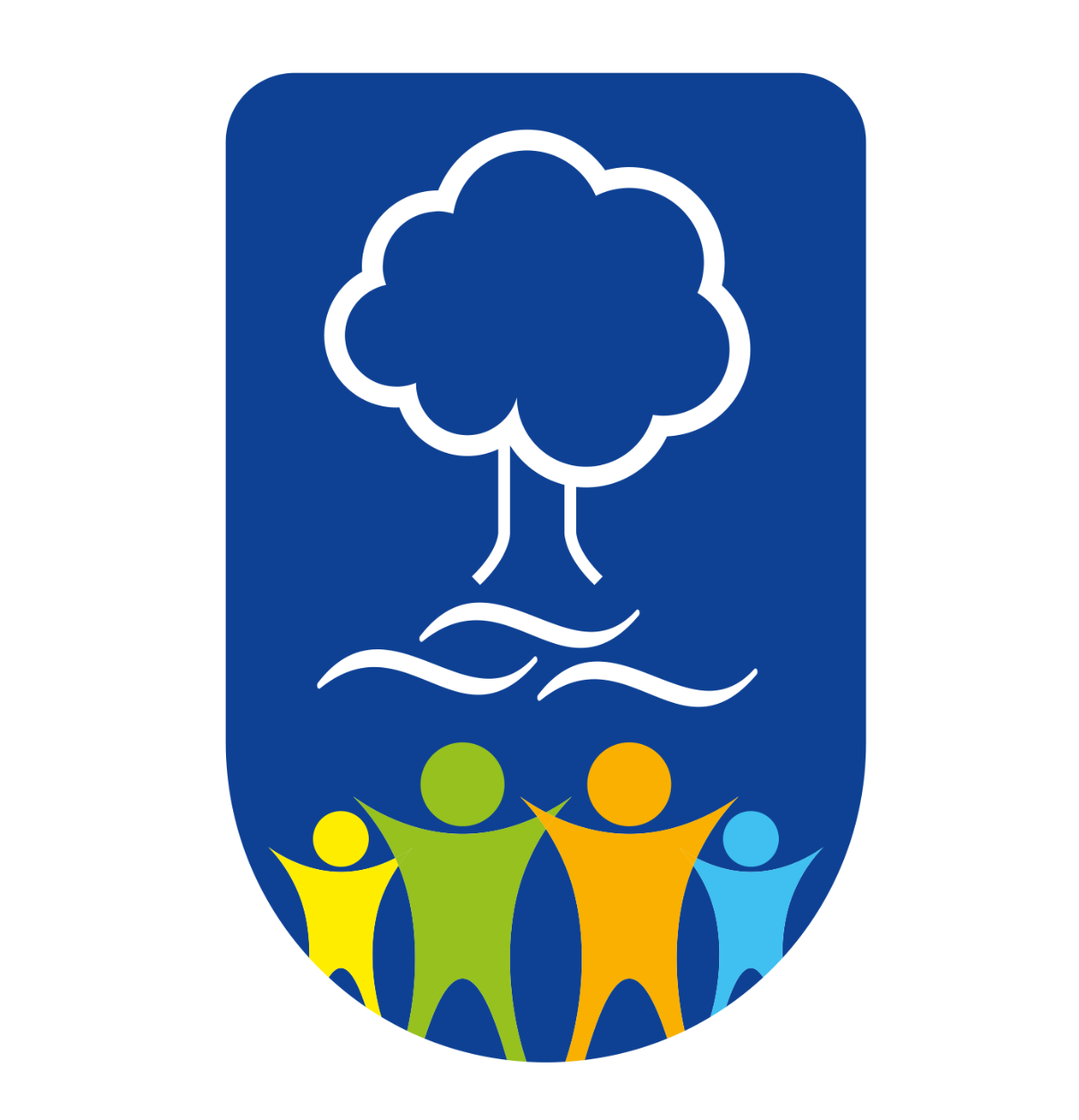History


Intent
History is important because it helps pupils to understand and interpret the past, and therefore, the present.
Through history, pupils develop a deeper cross-cultural awareness and understanding of their own and others’ heritage, through looking at evidence and asking and answering questions.
In history, we can analyse successes and failures, which, in turn, teaches us to learn from our
mistakes.
| History helps pupils gain a coherent knowledge and understanding of their country’s past and that of the wider world. |
History develops pupils’ understanding of the complexity of people’s lives in different times and places. |
History enables pupils to explore cause and consequence, identifying catalysts for change, the effects on societies and reasons for developments. |
| History inspires pupils’ curiosity, leading them to ask relevant questions and think critically when searching for answers. |
History teaches pupils to recognise similarities and differences between periods in history and see how the past has shaped the present. |
History introduces pupils to diversity within societies and the relationships between different groups over time. |
| Pupils’ historical knowledge and skills are developed through analysing and judging different sources of evidence and understanding its importance when piecing together the past. |
History challenges pupils to view events from different perspectives, leading to greater empathy and understanding of events and situations. |
The history that pupils learn encourages them not to simply see the past through the lens of the present, but to understand how values and attitudes have changed over time. |
| Chronology helps pupils see the ‘big picture’ of the historical narrative, enabling pupils to make connections made between different periods from the past and the present. |
Pupils’ historical understanding helps them interpret events and actions from the past in a balanced way. |
The history that children learn is brought alive for them through investigating and asking questions about the past, present and future. |
| History encourages pupils to explore how the world has changed, the processes involved and the impact and legacy of change. |
Pupils are taught history in a coherent way, helping them to make sense of the present through looking at the past. |
History is a key subject to engage pupils’ creative and critical thinking about change, both locally and globally, and the implications for the future. |
Implementation
History is taught through thematic units. The Satellite View maps out which thematic units feature this subject and clearly shows the objectives taught.
History is taught through a combination of subject knowledge, historical skills, enquiry and fieldwork. Learning takes place both inside and outside the classroom.
What do we learn about in History?
Old Things
Wars (World Wars, Civil Wars)
The Ancient Greeks
The Inuits
Roman Empire and Invasions
Inventors e.g. Thomas Edison
The Saxons
The Vikings
The Mayans
The Benin
Famous historical figures
Broadcasting
Religions
Democracy
Transport
Extinction
Animation
Technology e.g. the Internet
and World Wide Web
The Moon Landing
The sinking of the Titanic
Significant local history figure /event
Apartheid / Anti-Semitism
Discovery of America / Native
Americans
Legacy
Who do we learn about in History?
Thomas Edison
Thomas Barnardo
Queen Elizabeth II
Queen Victoria
Ada Lovelace
Mary Anning
Elizabeth Blackwell
Ignatius Sancho
Walt Disney
Mother Teresa
Neil Armstrong
Roman Emperors and rulers
Ragnar Lothbrok
Harold Godwinson
Martin Luther-King
Nelson Mandela
Various World Leaders
Tim Berners-Lee
Winston Churchill
Impact
Through pupil voice, children will be able to talk about the skills and knowledge they have acquired. Children will be engaged in History lessons and want to find out more. Children will complete research independently through projects and homework and to further their own enjoyment of the subject or topic. As historians, children will learn lessons from history to influence the decisions they make in their lives in the future.
Teachers assess children’s knowledge, understanding and skills in History by making observations within class and by analysis of their written evidence. As part of our assessment for the learning process, children will receive both verbal and written feedback as a means of development.
More information can be found in the documents below.

